Guide To Understanding Kidney Stones
Kidney stones are a painful condition that is also referred to as renal lithiasis, urolithiasis, or nephrolithiasis. Researchers estimate that about one in twenty people will experience kidney stones at least once in their life. Since this condition is relatively common and can have serious complications if left untreated, being aware of the symptoms as well as ways to prevent the condition is of public importance. This article goes in-depth with all the information about kidney stones that everyone should know.
The Function Of The Kidneys
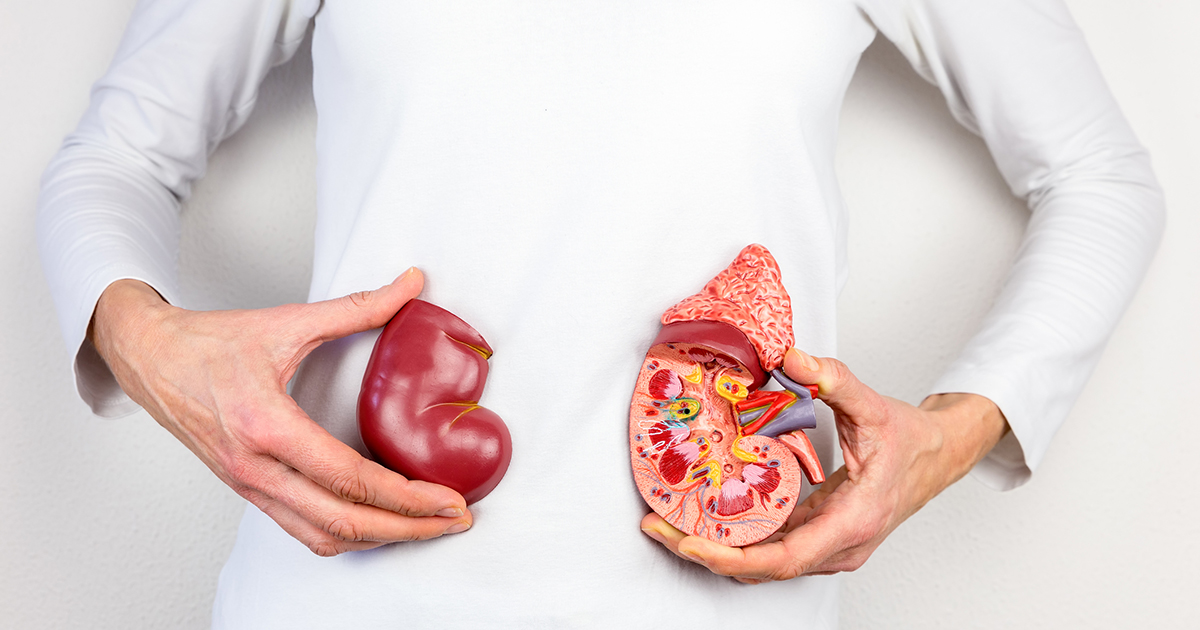
The kidneys are two fist-sized organs in the abdomen, connected by tubes, called ureters, to the bladder. The function of the kidneys is to clear waste from the bloodstream and release it through the urine. The kidneys also control the levels of sodium, potassium, and calcium in the blood. The fact that the kidneys are responsible for processing excess minerals and other types of waste means that they are prone to developing kidney stones. It is important to know about the causes, symptoms, and treatments of kidney stones, given that the condition can happen to anyone at any time.
How And Why Do Kidney Stones Form?
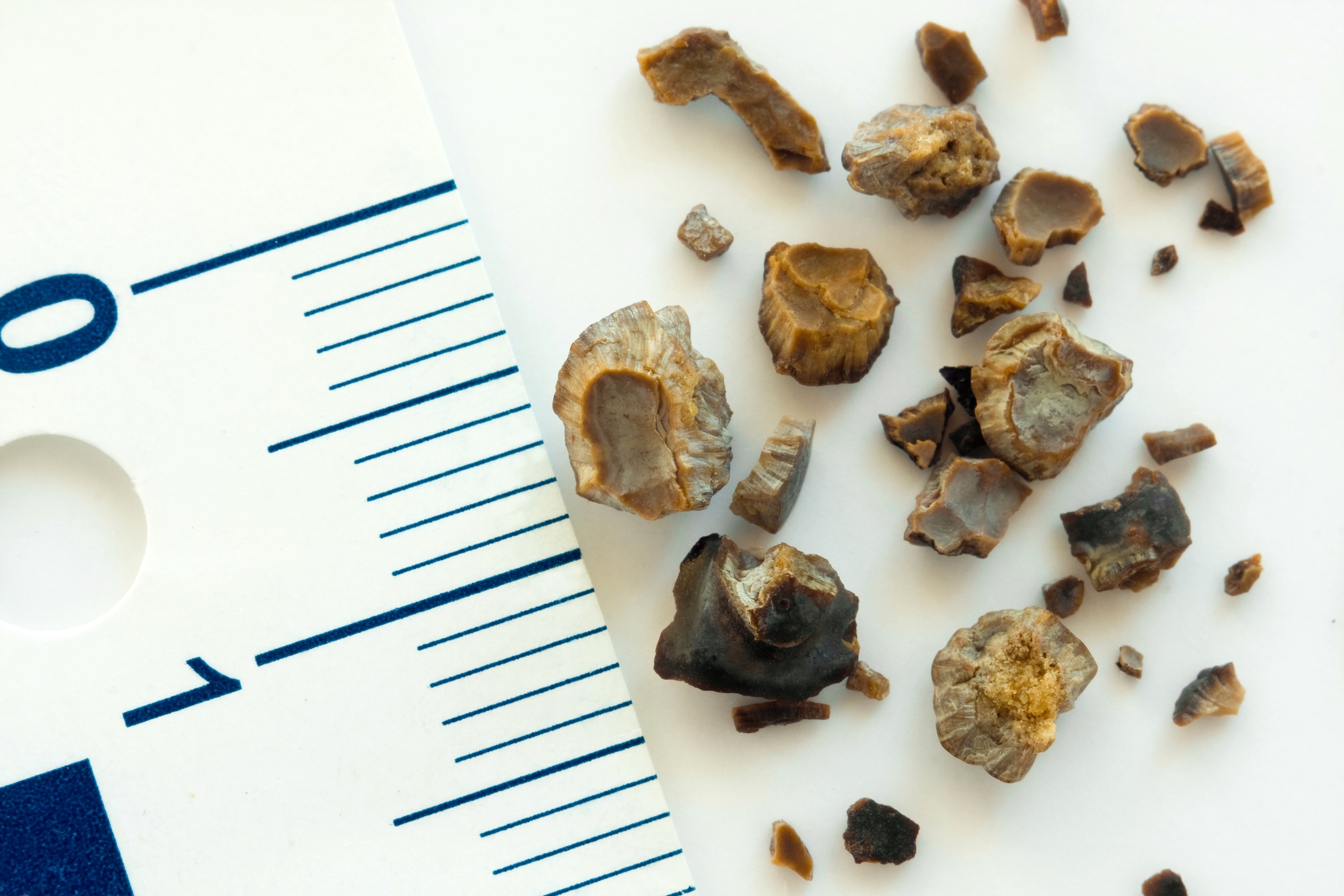
There are various minerals, salts, and other compounds present in the urine. When the concentration of minerals and salts in the urine passes a critical point, these compounds start to crystallize and clump together inside the kidney, forming a stone. In extremely rare cases, kidney stones have grown to be several inches in diameter, weighing upwards of two pounds. However, kidney stones of this size are not a cause for worry for the general populace. The vast majority of kidney stones range in size from a grain of sand to the size of a small bead. Though kidney stones first form in the kidneys, their presence may affect any part of the ureter, bladder, and urethra, throughout the urinary tract.
Signs And Symptoms Of A Kidney Stone
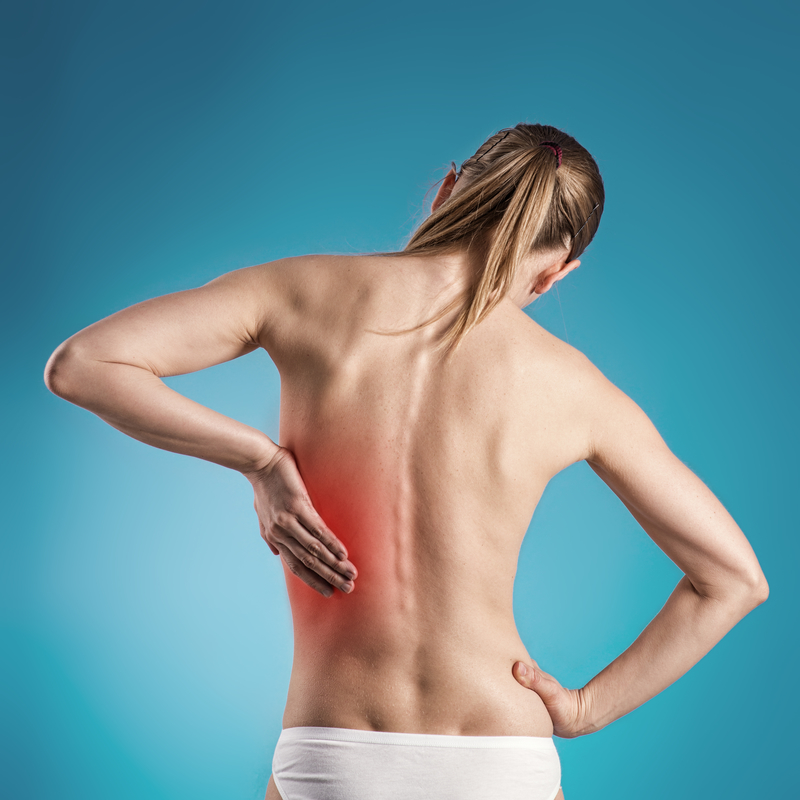
It is possible to pass a kidney stone without realizing it, as kidney stones do not always cause problems and move relatively smoothly through the urinary tract. However, kidney stones that do not move easily through this bodily system cause excruciating pain that can radiate throughout the pelvic, abdominal, back and groin areas. Many people who have had kidney stones describe this pain as the worst pain they have ever experienced, claiming the experience is worse than the pain of childbirth. Though this distinctive pain is the principal symptom of kidney stones, occasionally, the following symptoms may also be present: discolored urine, cloudy urine, foul-smelling urine, nausea, vomiting, a persistent urge to urinate with frequent urination, low urine production, fever, and chills.
Causes of Kidney Stones
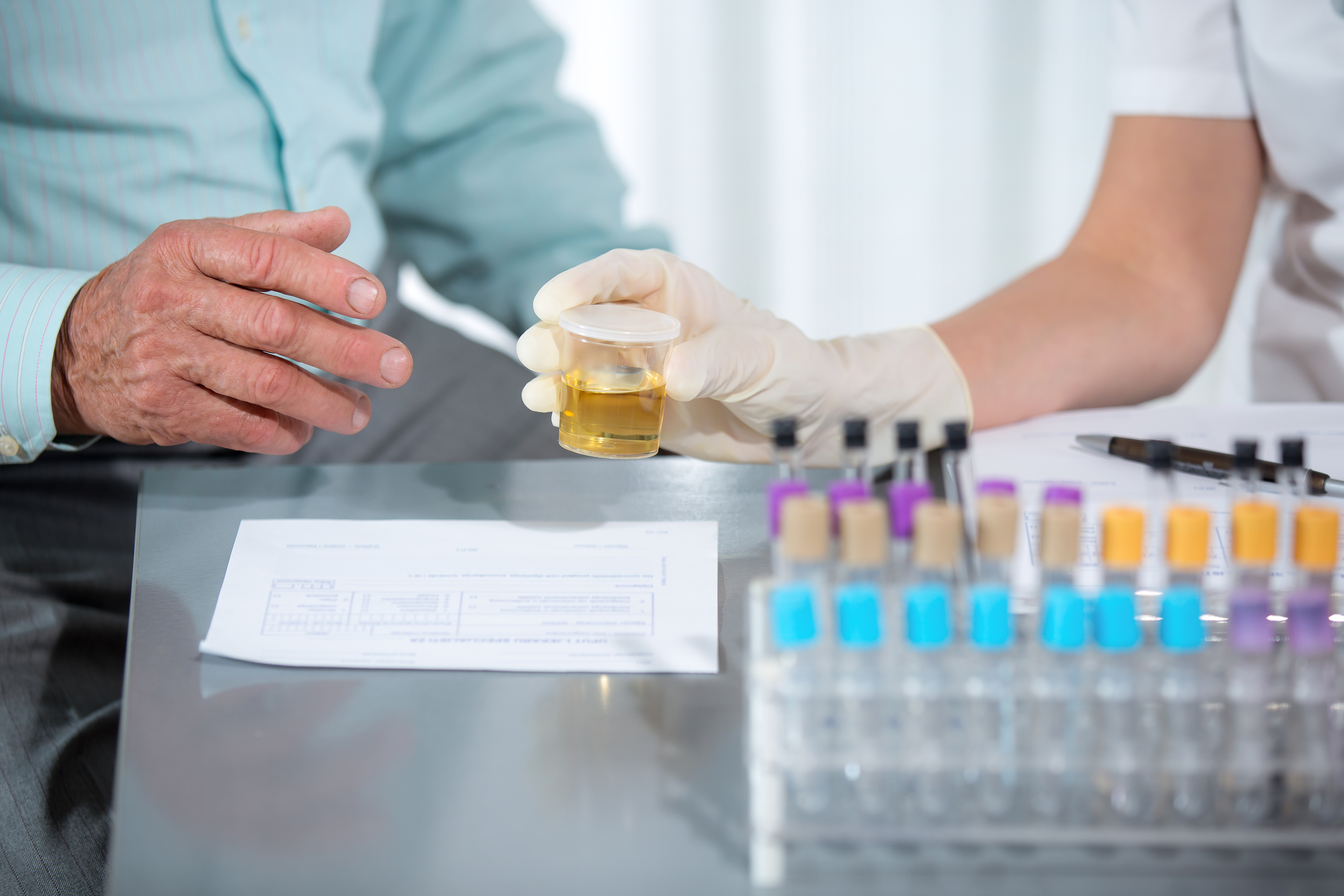
Ultimately, kidney stones are caused by urine being too concentrated. The cause of high urine concentration itself, however, varies with each unique type of kidney stone. Types of kidney stones include calcium stones, struvite stones, uric acid stones, and cystine stones. Calcium stones are the most common type and are caused by a high intake of calcium oxalate in the diet, a high intake of vitamin D, intestinal bypass surgery, or one of many various metabolic disorders. Struvite stones are the result of an infection. Uric acid stones can be caused by chronic dehydration, consuming excess animal protein, gout, and other genetic factors. Cystine stones are caused by a rare hereditary disorder known as cystinuria, which causes kidneys to produce too many amino acids.
Who Is At Risk For Developing Kidney Stones?

Various factors have been known to increase the risk of developing kidney stones, aside from the common causes described previously. A family or individual health history of kidney stones greatly increases the chances of developing them. Certain medical conditions, including obesity, digestive diseases, and pregnancy, can also increase one's risk. Men, people between the ages of twenty and fifty, and those of Caucasian or Asian heritage are most likely to suffer from kidney stones. Lastly, taking certain medications or dietary supplements could increase the chances of developing this painful condition.
How Are Kidney Stones Treated?
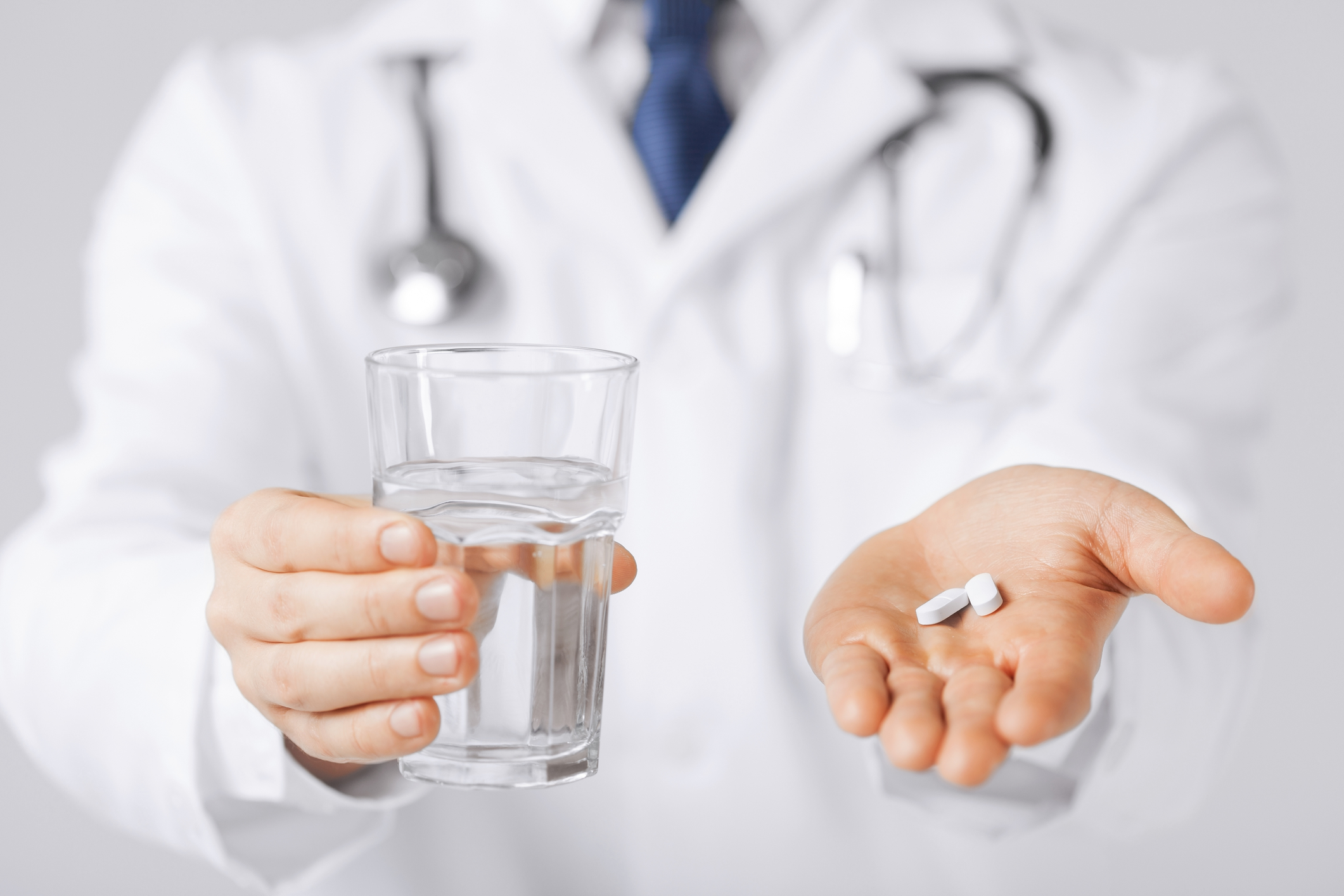
Nearly all cases of kidney stones require simple medical intervention. Pain medication is administered to relieve the pain of passing a kidney stone, and drinking a lot of water will facilitate and speed up the process. There is usually no additional damage caused by the kidney stone if the condition is identified in a timely fashion. Rarely, infection or other complications may occur as a result of the kidney stone, and such difficulties will require deeper intervention. In very rare cases, surgery or lithotripsy may be required to remove the kidney stone. Lithotripsy is a procedure that uses shock waves to break down the stone, making it easier for it to pass through the system. However, most kidney stones make it through the urinary tract on their own within forty-eight hours.
When To See A Doctor

It is true that most cases of kidney stones are ultimately harmless, apart from the excruciating pain they cause. However, those who believe they may have a kidney stone should seek medical attention immediately. Only a medical professional can determine whether or not one's symptoms are caused by a kidney stone and not by some other condition. A doctor may use an ultrasound, CT scan, and other measures to confirm if it is a kidney stone. Those who experience abdominal, pelvic, back, or groin pain that is severe and impossible to relieve, or who experience this pain in addition to the other kidney stone symptoms previously mentioned, should speak to a medical professional immediately.
A Preventative Approach
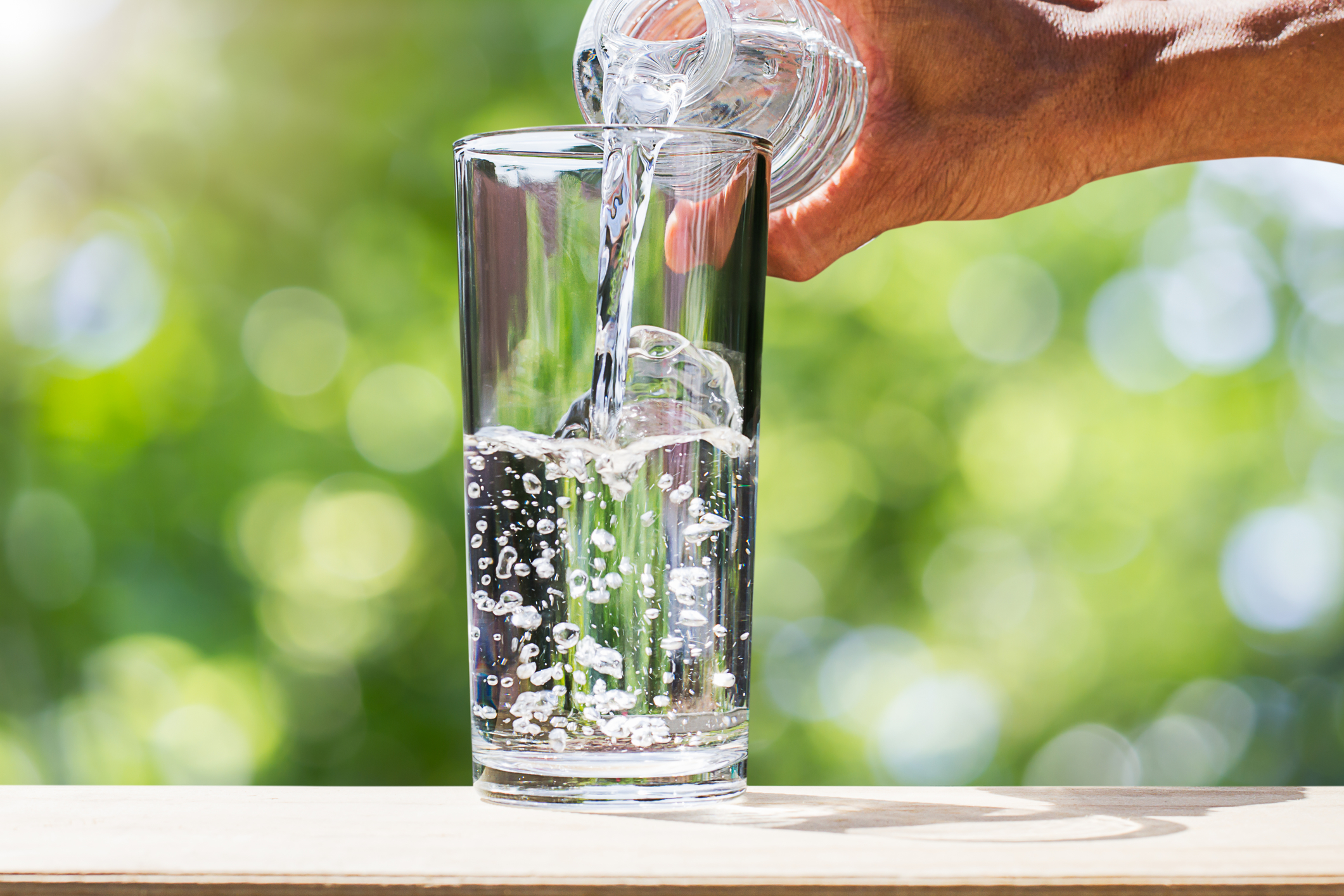
There are simple things that can be done to reduce the risk of kidney stones. Those who have a medical condition that increases the risk of kidney stones should do everything they can to treat theircondition. Supplementing additional magnesium into the diet will help to reduce the risk of kidney stones, as well as limiting sodium and phosphoric acid intake. Drinking at least eight cups of water a day is one of the best ways to reduce the risk of kidney stones by up to forty percent. Those who have a history of calcium oxalate kidney stones should reduce their intake of wheat germ, peanuts, spinach, beets, and rhubarb as these are all sources of this compound.
